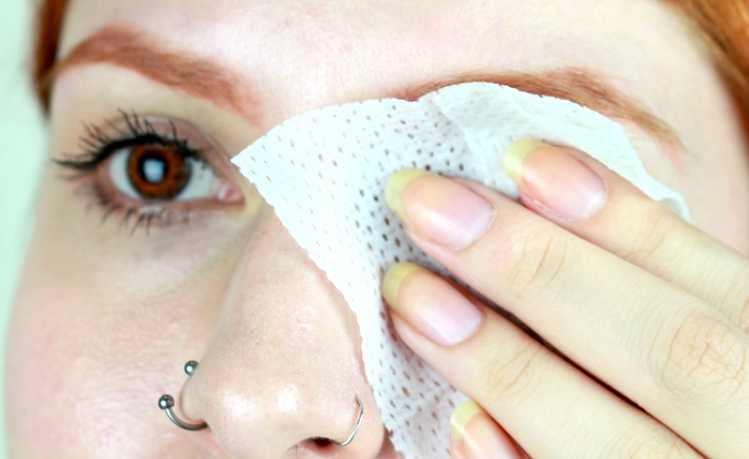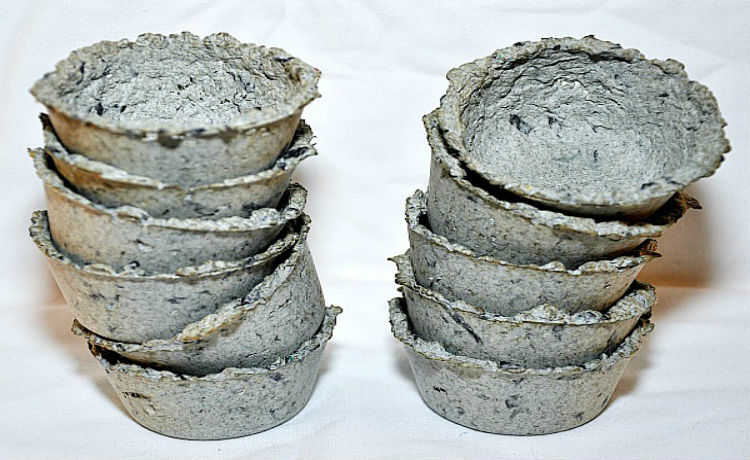Everything you need to know about sneezing
Sneezing can have different causes, but it is always involuntary and is a form of protection for the body.

Edited and resized image of Brittany Colette is available on Unsplash
Sneezing is the popular name for sneezing, an involuntary way of expelling air from the body. Sneezing helps clear irritants from the nose or throat and often happens suddenly, without warning. Although it can be a nuisance, sneezing is not usually a symptom of any serious health problem.
What causes the sneeze?
Part of the nose's job is to filter the air we breathe so that dirt and bacteria are not inhaled. In most cases, the nose retains this dirt and bacteria in the mucus. The stomach then digests the mucus, neutralizing any potentially harmful invaders.
Sometimes, however, dirt and debris can get into the nose and irritate the sensitive mucous membranes inside the nose and throat. When these membranes get irritated, you sneeze.The sneeze can be triggered by:
- Allergens
- Viruses such as the common cold or flu
- nasal irritants
- Inhalation of corticosteroids through a spray nasal
- Withdrawal of any continuous-use medication
Allergies
Allergies are an extremely common condition caused by the body's response to foreign agents. Under normal circumstances, the immune system protects against harmful invaders such as disease-causing bacteria and viruses.
In the case of an allergy, the immune system identifies typically harmless organisms as threats, and may make you sneeze in an attempt to expel these agents.
Infections
Infections caused by viruses such as the cold and flu can also make you sneeze. There are over 200 different viruses that can cause the common cold. However, most colds are the result of the rhinovirus.
- Coronavirus outbreak reflects environmental degradation, says UNEP
Less common causes
Other less common causes of sneezing include:
- nose trauma
- Withdrawal from certain medications such as opioid narcotics
- Inhalation of irritating substances, including dust and pepper
- inhale cold air
You sprays use of nasal corticosteroids reduce inflammation in the nasal passages and decrease the frequency of sneezing. People with allergies often use these sprays.
how to avoid sneezing
In cases of outbreaks and epidemics of new flu viruses, when presenting the first symptoms, it is necessary to seek medical help using a mask and alcohol gel on the hands. In everyday life (when there are no flu outbreaks and pandemics), one of the best ways to avoid sneezing is to avoid the agents that cause irritation.
Change the air conditioner's filters to keep the filtration system working properly. If you have pet dogs, consider grooming them.
Kill mites on sheets and other bedding by washing them in hot water or water above 54.4°C. You can also choose to purchase an air filtering machine to clean the air in your home.
In extreme cases, it may be necessary to check the house for mold spores, which may be causing sneezing. If mold has infested your home, you may need to move.
- What is mold and why is it dangerous?
Treat the underlying causes of sneezing
If your sneeze is the result of an allergy or infection, you and your doctor or doctor can work together to treat the cause and resolve the problem. If an allergy is the cause of the sneeze, the first step will be to avoid known allergens. Your doctor will teach you how to recognize these allergens so that you stay away from them.
If you have an infection, such as a common cold or flu, your treatment options are more limited. No antibiotic is effective in treating the viruses that cause colds and flu.
you can use a spray nasal to relieve nose congestion or runny nose; or you can take an antiviral drug to speed up your recovery time if you have the flu. You should get plenty of rest and drink plenty of fluids to help your body recover more quickly.
be careful when sneezing
When sneezing, always cover with the inside of your arm. This way you avoid contagion in greater proportions. In case of pandemics and flu outbreaks of new viruses, maintain isolation, wear a mask, wash your hands with soap and water frequently, use alcohol gel and seek medical help.










